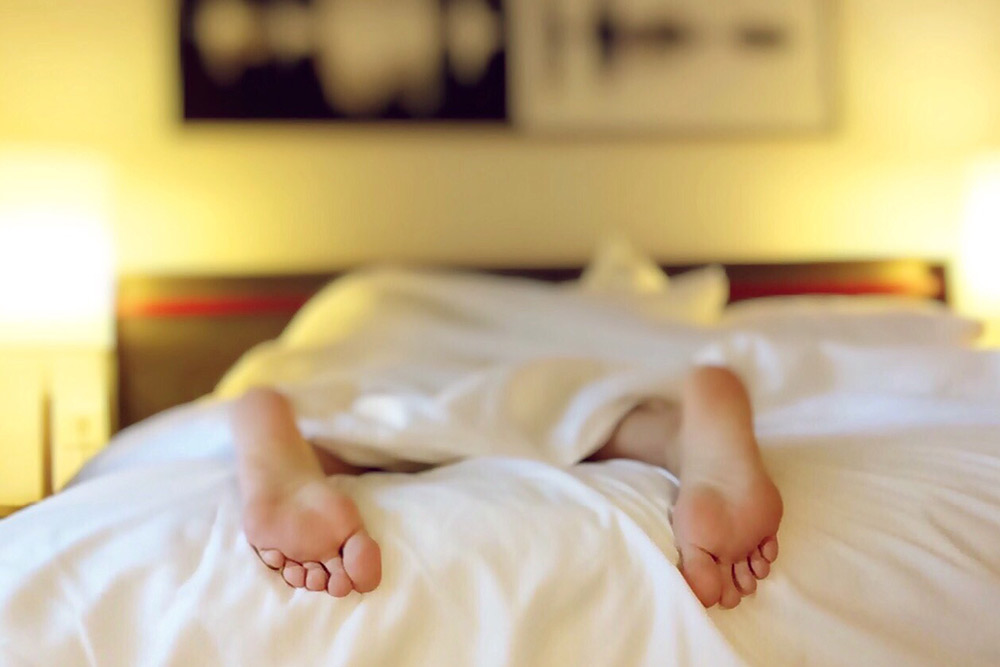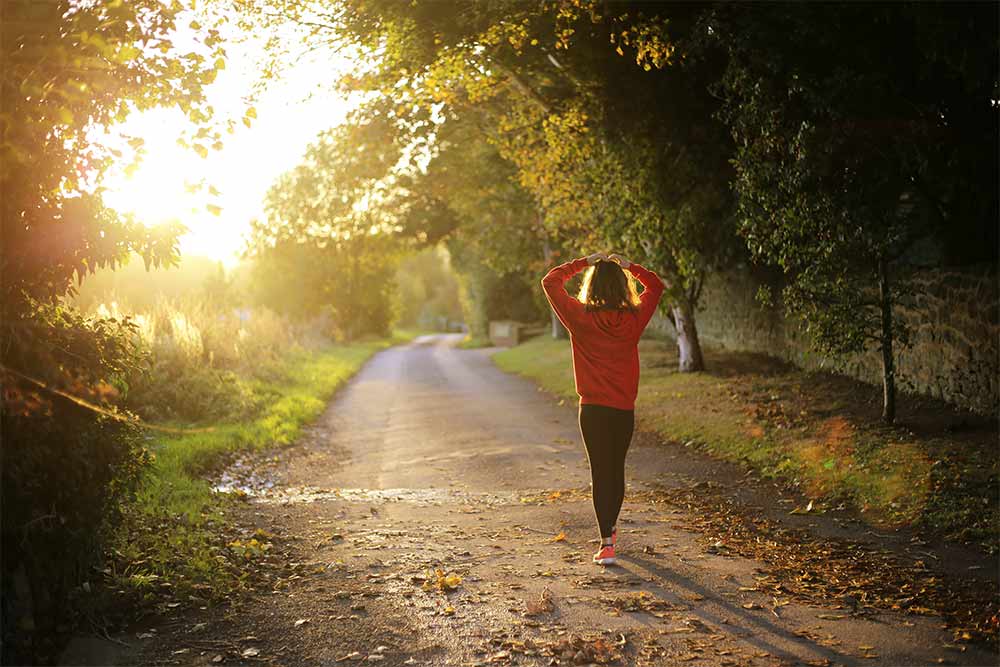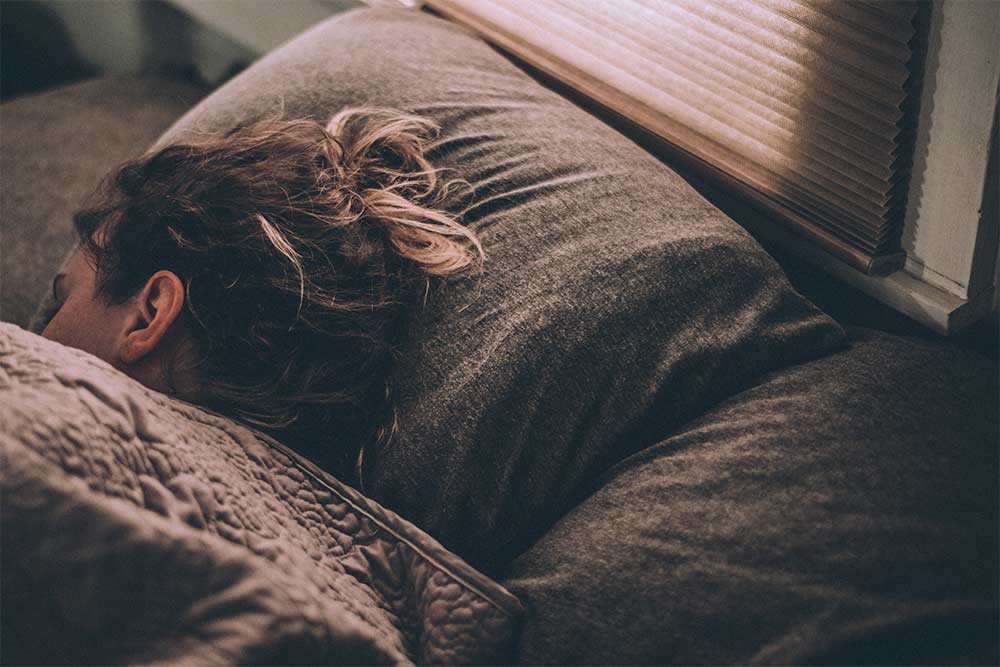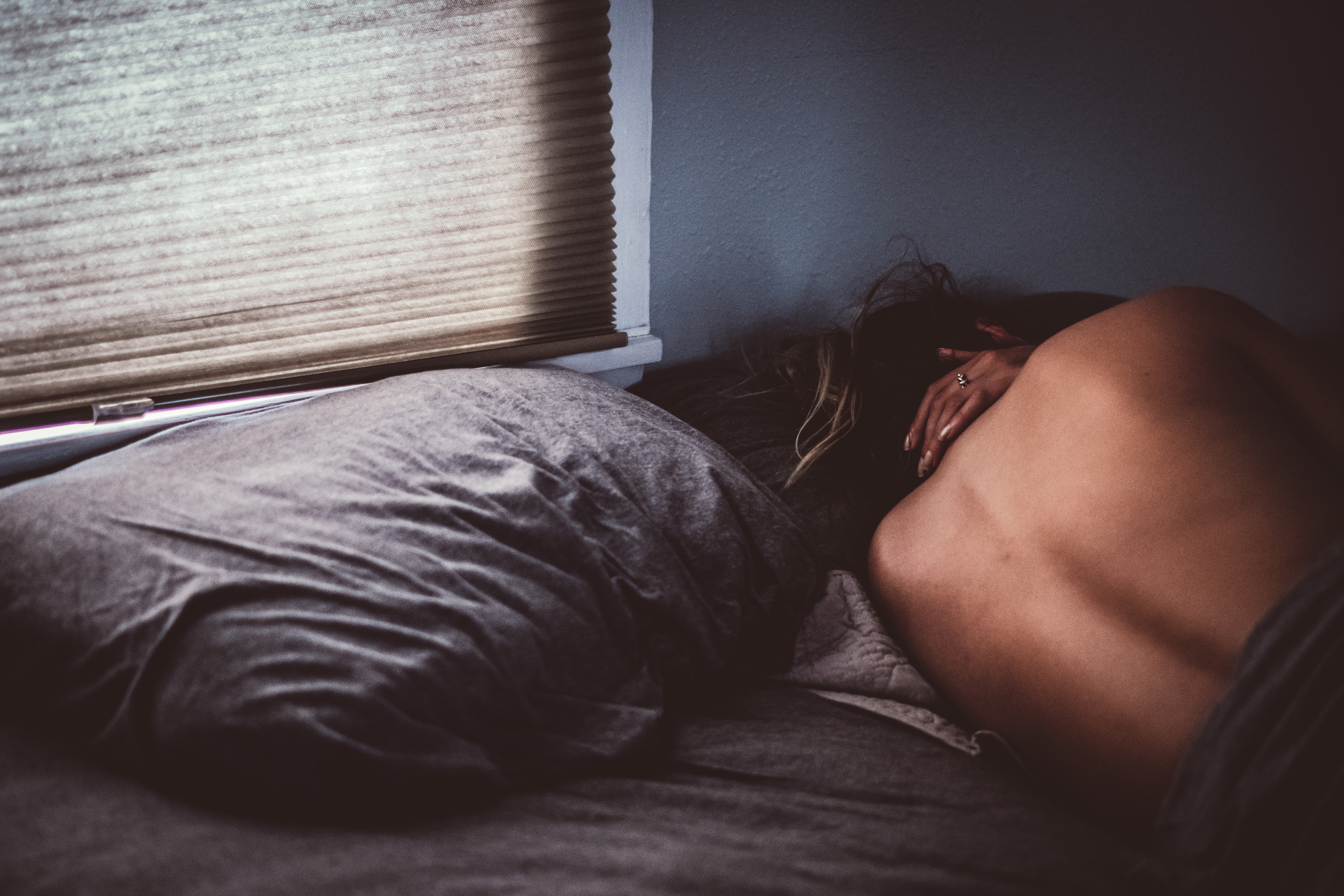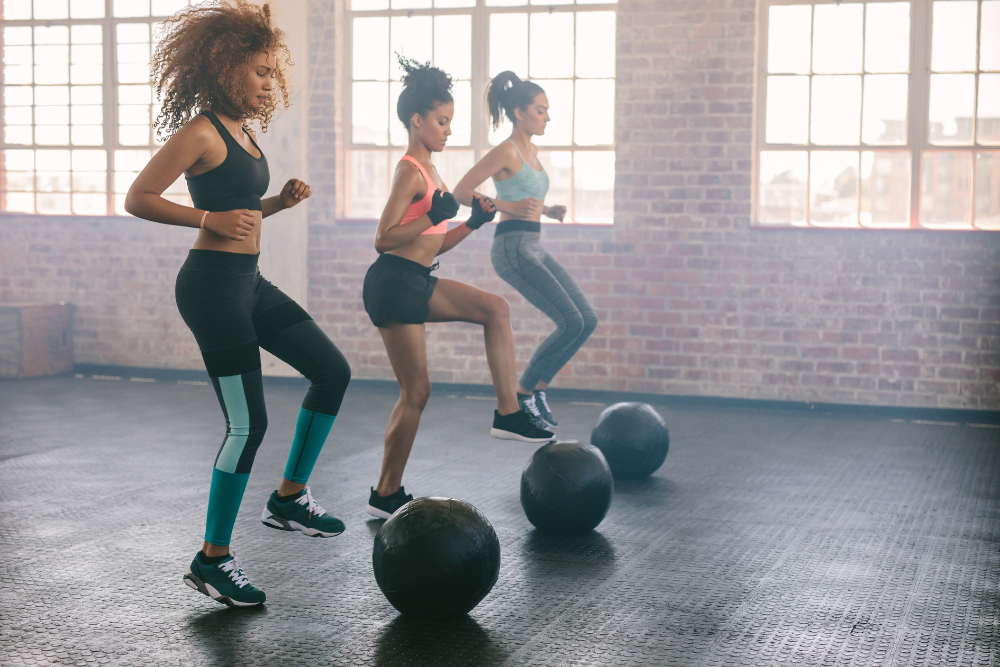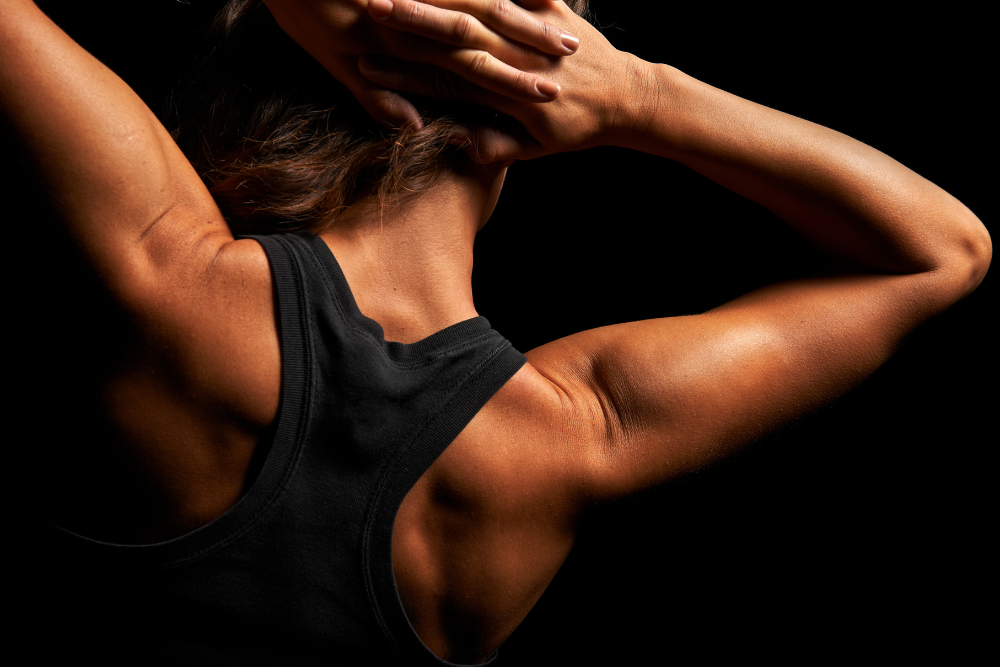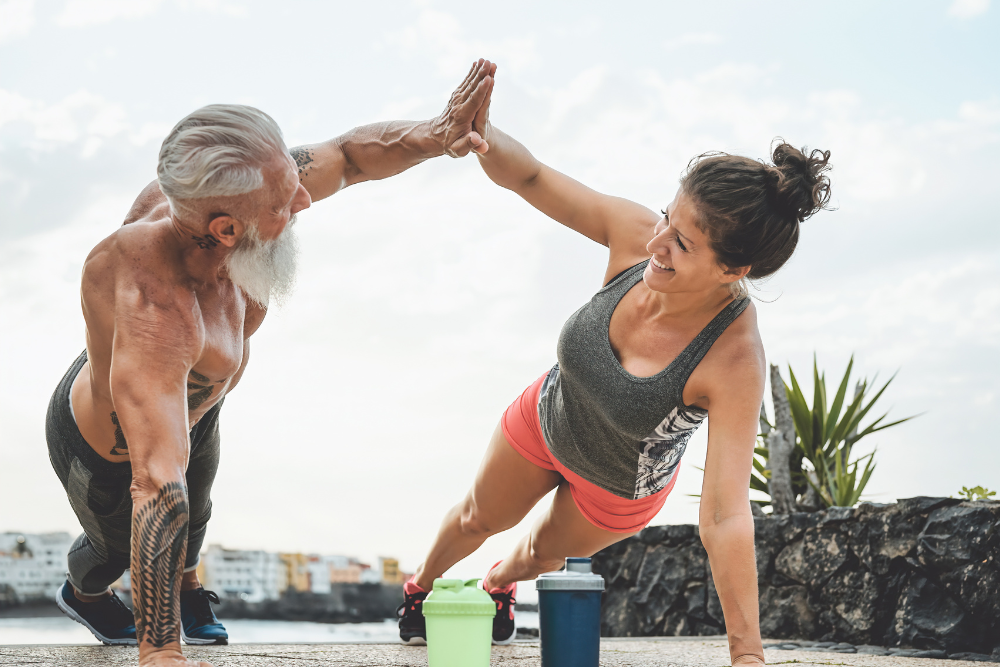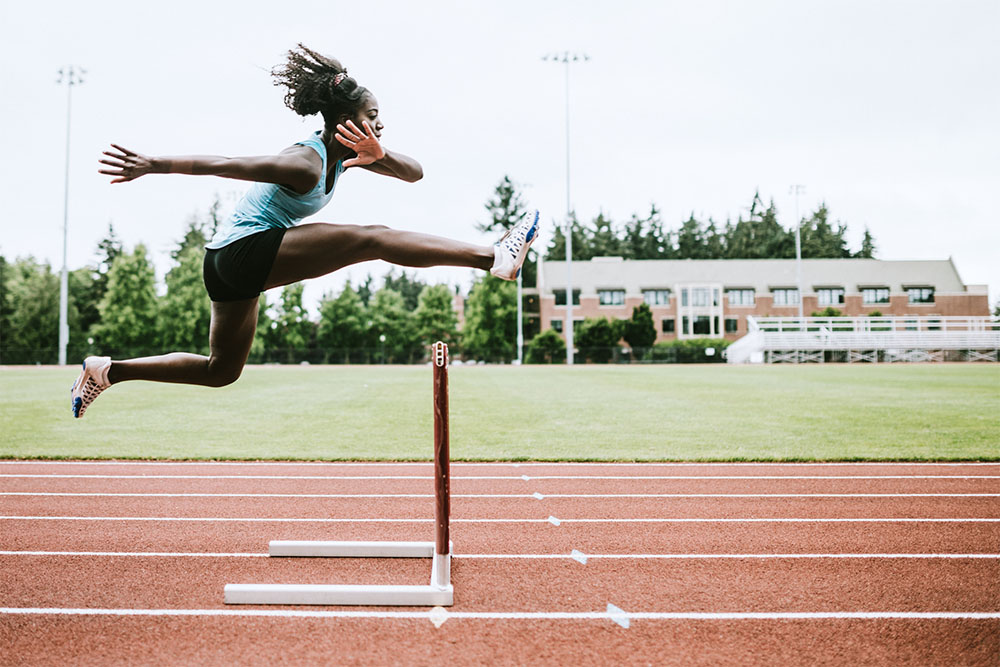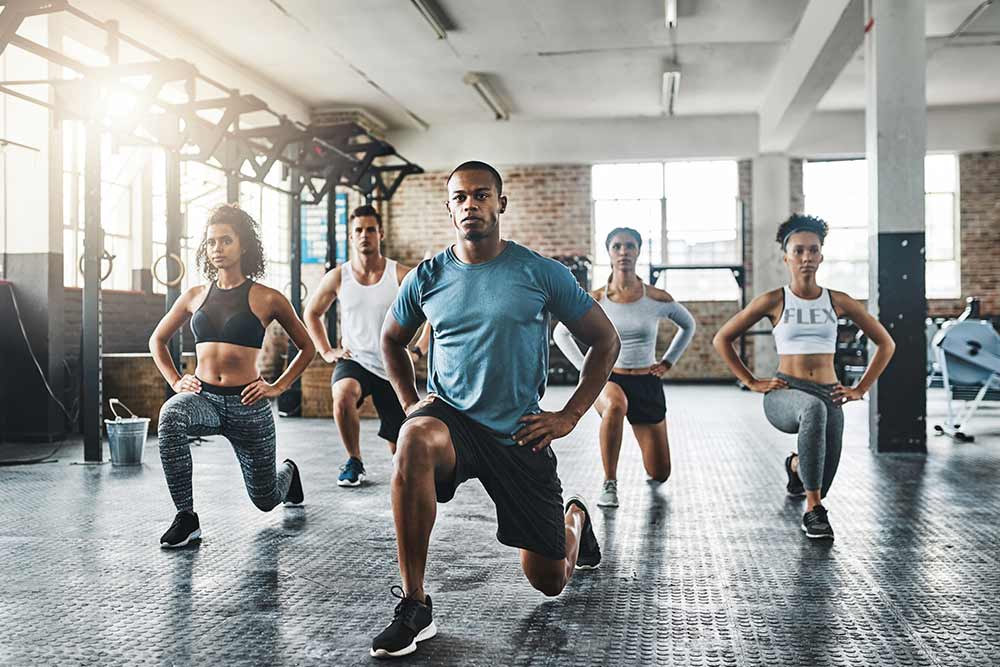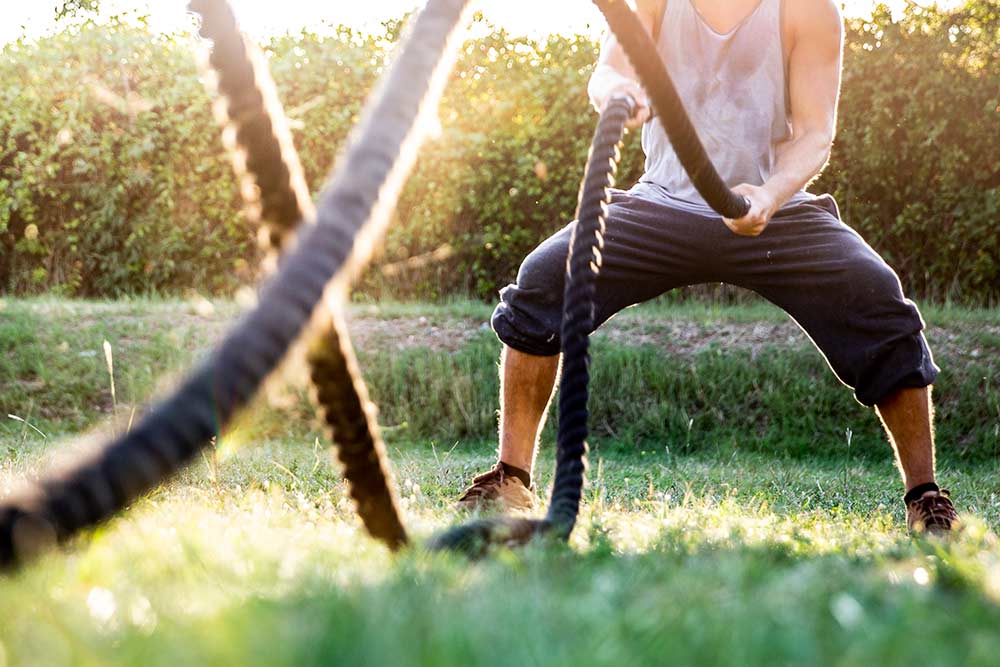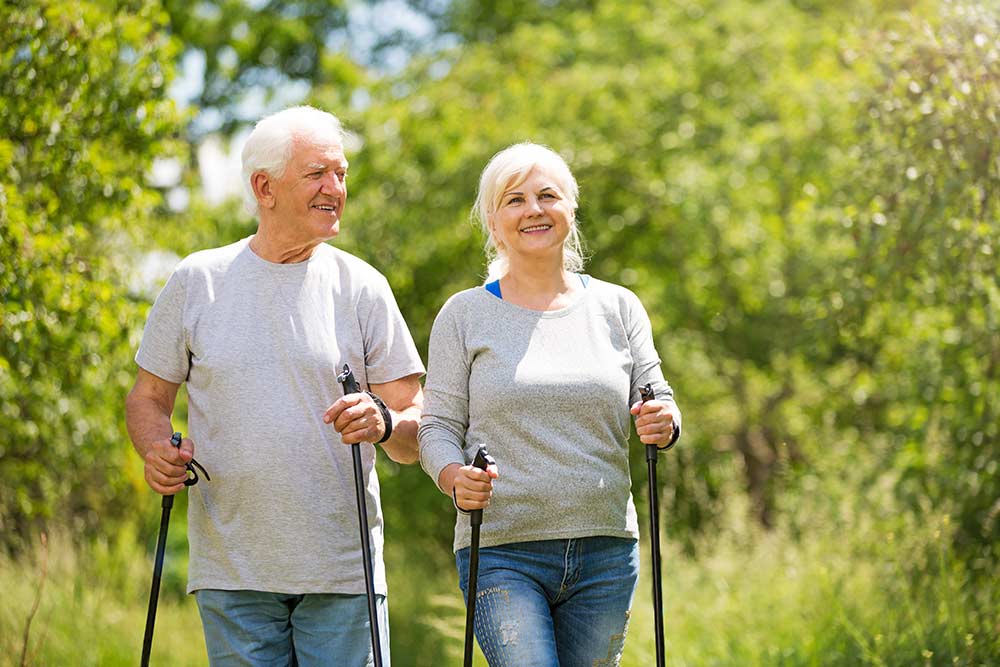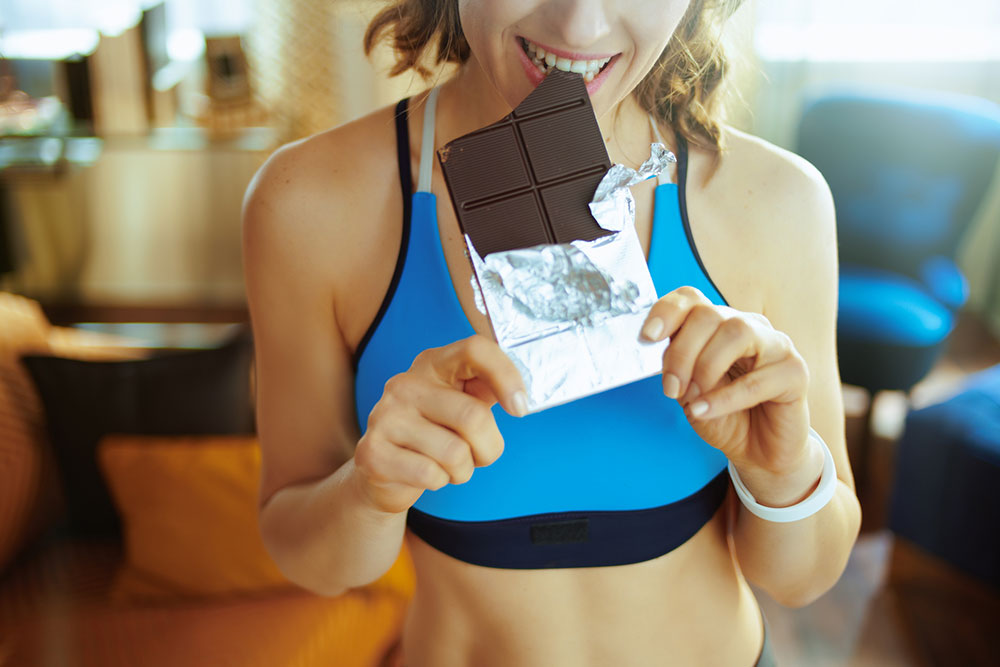Menopause and Sleep
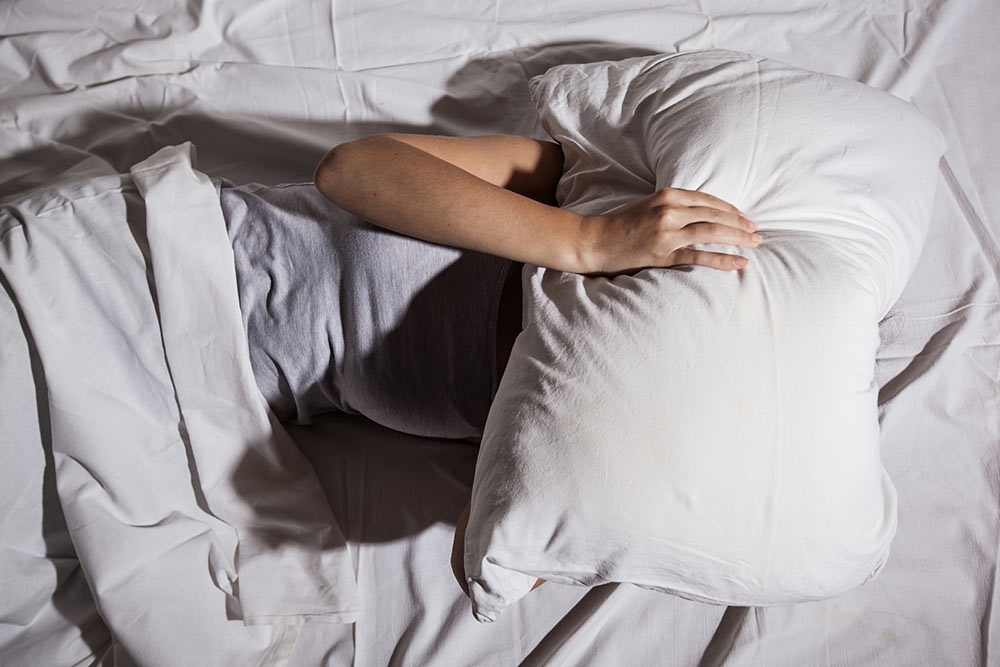
Hunter Bennett
Menopause is commonly considered to be one of the most trying times in a woman’s life. A time of vast change, it comes with a number of unique effects that can make even the most menial of tasks seem like a real challenge.
Interestingly, there is even some evidence to suggest that it can also impact your sleep.
What is menopause?
As most of you would know, menopause is a completely normal condition that all women experience as they pass through middle age.
In a more global sense, the term ‘menopause’ can refer to any of the key changes a woman undergoes either just prior to, or just after, she stops menstruating permanently. It essentially marks the end of the reproductive period.
What Causes Menopause?
Interestingly, it isn’t actually the aging process per se that causes menopause – in fact, it more so relates to their eggs.
You see, females are born with only a finite number of eggs. They are stored in the ovaries. Subsequently, the onset of menopause occurs w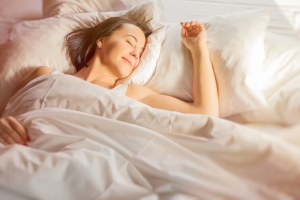 hen these eggs are exhausted. The ovaries no longer release an egg every month and menstruation subsequently stops for good.
hen these eggs are exhausted. The ovaries no longer release an egg every month and menstruation subsequently stops for good.
Who does menopause affect?
As I have already touched in, menopause is considered to be a completely normal part of the aging process. It typically occurs in women naturally between the ages of 45 and 55 years (although there can be some variances within this), in which its onset can be quite sudden and unexpected.
It is worth touching on the fact that some women can go through menopause early, either as a result of surgery (for example, resulting from a hysterectomy), or from physical damage to the ovaries (for example, from chemotherapy).
Building on this in a little more detail, if menopause occurs before the age of 40, is known as ‘premature menopause’ – irrespective of the cause of its onset.
Sleep disorders during menopause
Taking the above into consideration, it is also important to mention that the ovaries are where the key sex hormones estrogen and progesterone are both made and secreted. This is why menstruation can have some rather interesting implications for sleep (Jehan, 2017).
Just prior to the onset of menopause, women tend to see a very sharp decline in the secretion of these two hormones. Each is known to play a role in the maintenance of a normal circadian rhythm. These hormonal changes appear to affect sleep directly.
As a result, menopause can contribute to the following sleep disorders (Baker, 2018):
- Inability to fall asleep
- Reductions in deep sleep
- Easier to wake during sleep
- The onset of insomnia
- Sensations of feeling permanently tired
- Feelings of fatigue and lethargy
In short, menopause can wreak absolute havoc with your sleep cycles – but it is important to note that this is far from a death sentence…
How does exercise affect sleep patterns in menopausal women?
Exercise, in my personal opinion, should always be your first point of call for practically any lifestyle ailment or disease.
There is an abundance of evidence clearly demonstrating exercise improves weight management and enhances metabolic and cardiovascular health. Additionally, it increases mental health, improves mood and general wellbeing, and of course, enhance sleep quality.
And more importantly, there is also evidence to suggest that women who participate in exercise during menopause will also see vastly improved sleep outcomes (Sternfeld, 2014).
In fact, it has been shown that those women who commence exercise during their menopausal period tend to see greatly improved scores of sleep quality, in conjunction with reductions in insomnia risk and enhanced mental health, than those who do not.
This clearly demonstrates the merits of exercise during the menopausal period, particularly in regards to ensuring that your sleep is not ruined during this trying time.
What are the best exercises to promote sleep during menopause?
With this information, you might find yourself wondering what type of exercises offers the most bang for your buck for improving sleep quality during menopause. The good news is that it doesn’t seem to matter at all.
Both moderate-intensity aerobic exercise and moderate intensity weights training appear to have a significantly positive effect on scores of sleep quality, as do lighter intensity exercise modalities such as yoga (Sternfeld, 2014; Dąbrowska, 2016; Afonso, 2012).
This clearly demonstrates that it really doesn’t matter what type of exercise you do, as long as you do something. Simply choose your favorite form of exercise, and make sure that you try and perform it a few times per week.
Simple.
Best essential oils and products to help sleep
In conjunction with exercise, there is also some evidence to suggest that you can use certain tools and supplements to further enhance sleep quality, thus ensuring that you are attacking your sleep from all angles.
White noise machines and sleep
White noise machines are specific tools that have been designed to produce white noise sounds found naturally occurring in life and nature.
In this manner, some white noise machines produce static sounds. Others produce nature sounds that replicate outdoor locations, such as the woods or the ocean. The thing with each of these is that the sounds they produce are simple and monotonous. The noise machine essentially distracts the brain from what is going on in the surrounding environment.
Through this process, white noise machines have been shown to be highly effective at getting you to fall asleep faster and allowing you to experience a deeper, better quality sleep (Afshar, 2016).
Related Article: Best White Noise Machines For Sleep
Essential oils and sleep
Essential oils have long been used to induce a state of quality relaxation, while also enhancing mood and reducing nervous system activity.
Interestingly, through this process, essential oils have also been shown to act as one of the most potent natural means of improving sleep quality. They do so simply and effectively without any nasty side effects (Lillehei, 2014.)
We have a thorough breakdown of the best essential oils in our article: 6 Best Essential Oils for Sleeping
Over the counter (OTC) sleeping pills and sleep
Over the counter (OTC) sleeping pills offer a much safer, less potent, form of a sleeping supplement than typical prescription medications. In this manner, they offer a great way to improve sleep quality without any nasty side effects.
Many are derived from all natural ingredients. They have been used for a better part of the millennia to boost sleep in a number of different settings.
However, there is a growing body of research demonstrating that some OTC sleep supplements are much more effective at improving sleep quality than others, making it difficult to find one that works well (Hu, 2018).
Related Article: Best OTC Sleeping Pills![]()
Sleep trackers and sleep
Finally, we have one of the most recent sleep devices to hit the market, being sleep trackers.
Sleep trackers are specific devices that have been designed to monitor your breathing rate, your heart rate, your temperature. They even monitor shifts in your body position throughout the entire duration of the night.
These sleep trackers collate and analyze this information to see how you are sleeping. Additionally, they monitor how sleep changes throughout the night. In doing so, they allow you to spot and rectify any recurring issues. The goal is to find issues that prevent you from having a good nights sleep.
Pretty amazing if you ask me!
If you are keen to invest in a sleep tracker of your own, make sure you check out our article: 6 Best Sleep Trackers
Take Home Message
Menopause is unquestionably a trying time. It can wreak with your hormone levels, your circadian rhythm, and ultimately, your sleep.
Fortunately, there is an answer, with both exercise and a variety of unique sleep aids showing positive effects on sleep quality. Using these powerful tools, you can improve the duration and depth of your sleep throughout the entire menopause period.
If you have had any experience with sleep aids outlined in this article, then we would love to hear about it. Please drop us a comment and we will get back to you ASAP.
Related Article: Best Sleep Aids
References
Jehan, Shazia, et al. “Sleep, Melatonin, and the Menopausal Transition: What Are the Links?.” Sleep Science 10.1 (2017): 11.
Baker, Fiona C., et al. “Sleep problems during the menopausal transition: prevalence, impact, and management challenges.” Nature and science of sleep 10 (2018): 73.
Sternfeld, Barbara, et al. “Efficacy of exercise for menopausal symptoms: a randomized controlled trial.” Menopause (New York, NY) 21.4 (2014): 330.
Dąbrowska, Jolanta, et al. “Twelve-week exercise training and the quality of life in menopausal women–clinical trial.” Przeglad menopauzalny= Menopause review 15.1 (2016): 20.
Afonso, Rui Ferreira, et al. “Yoga decreases insomnia in postmenopausal women: a randomized clinical trial.” Menopause 19.2 (2012): 186-193.
Afshar, Pouya Farokhnezhad, et al. “Effect of white noise on sleep in patients admitted to a coronary care.” Journal of caring sciences 5.2 (2016): 103.
Lillehei, Angela S., and Linda L. Halcon. “A systematic review of the effect of inhaled essential oils on sleep.”. The Journal of Alternative and Complementary Medicine 20.6 (2014): 441-451.
Hu, Zhenzhen, et al. “Sleep-Aids Derived from Natural Products.” Biomolecules & Therapeutics 26.4 (2018): 343.
You Might Like:


